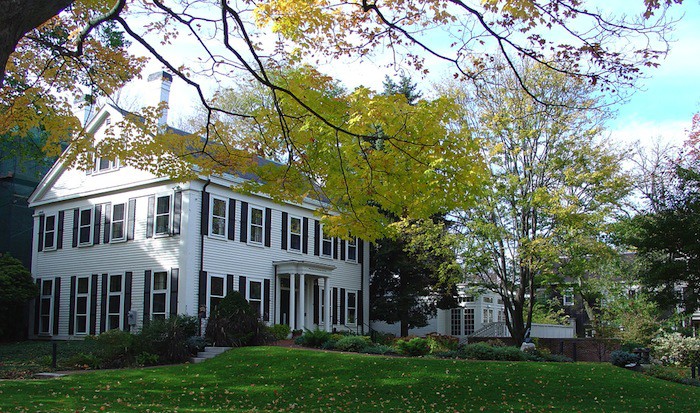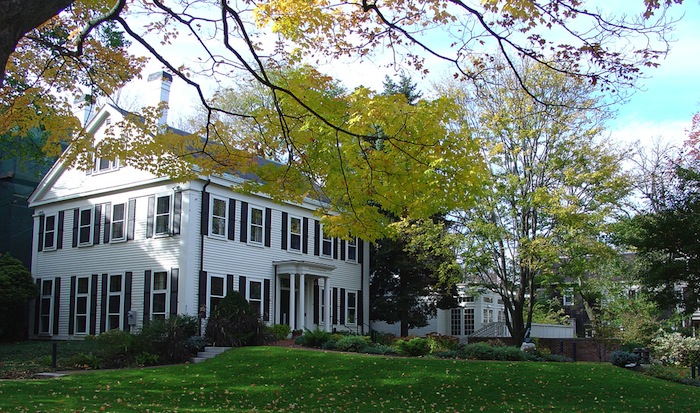

It’s starting to feel downright autumnal in Cambridge, which means it’s time to start talking about the Nieman Fellowships — our 75-year-old program that brings around 24 journalists to spend an academic year at Harvard studying, researching, and building around a study plan or project of their choice. The fellows are half U.S. citizens and half non-U.S., and the first deadline to approach is for those internationals — December 1. (Americans have until January 31.)
You can read much more about the fellowship on the Nieman Foundation website: the program at a glance, eligibility information, types of fellowships, and maybe most practically, how to apply.
But another way to get a handle on the fellowship is to read the bios of our current class of fellows and see the kind of person we’ve selected in the past. It’s a diverse group, including international fellows from Germany, France, Tunisia, South Korea, China, Spain, Israel, Chile, Canada, South Africa, and Vietnam. (A few of them are international enough that they could be considered a credit to several different nations.) Those bios include a brief summary of how they’re spending their year at Harvard, which will give you some insight to the kinds of ideas we like. (And it’s worth mentioning that it’s not just Harvard: MIT and the rest of Cambridge and Boston are also open to you.)
It’s really a tremendous opportunity; I’ve been able to observe the past five classes of fellows and see what kind of an impact it can have on a journalist’s career and life.
What does applying entail? Again, read the full details, but the basics are a personal statement, a proposed course of study, some samples of your work, and some recommendations.
One note: If you’re a resident of Canada, South Korea, South Africa, or the Philippines, there’s a special application process for you. Click your country’s name on the how-to-apply page to get the details.
And a second note: We’ll have more information about the Nieman-Berkman joint fellowships soon.
And a third note: If you have any questions about the fellowship itself, I’m happy to answer questions. If you have any questions about the application process and requirements, best to reach out to our fellowship administrator John Breen.